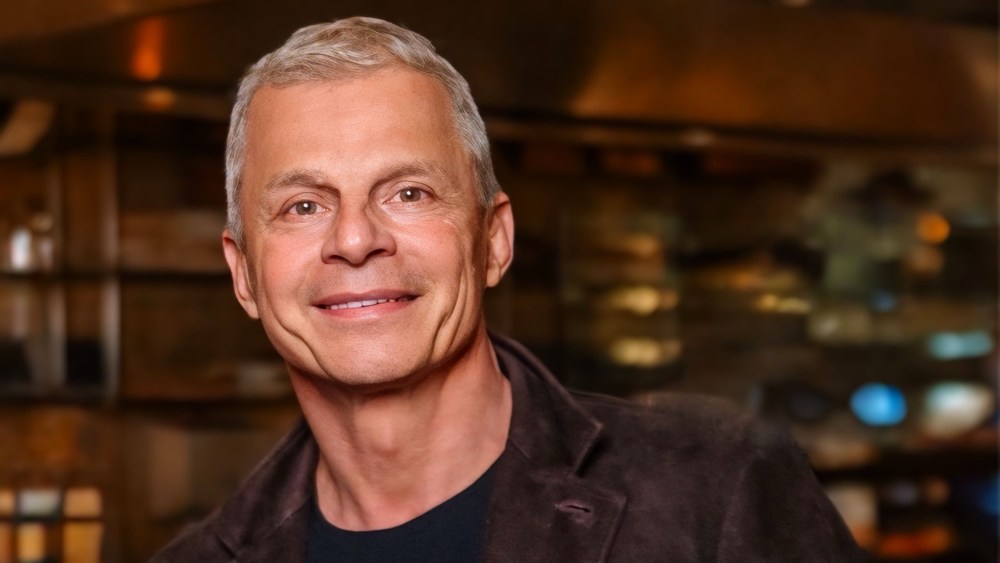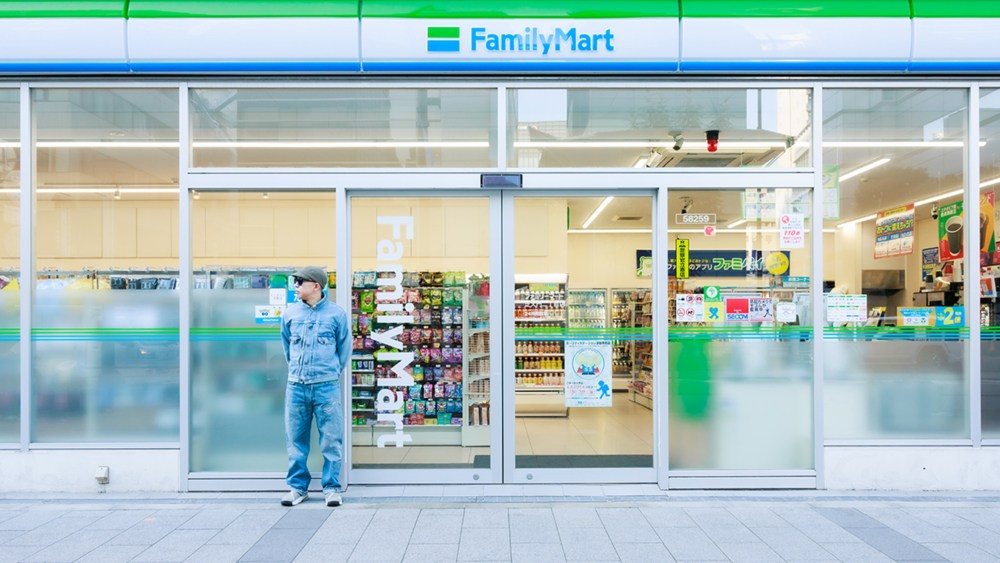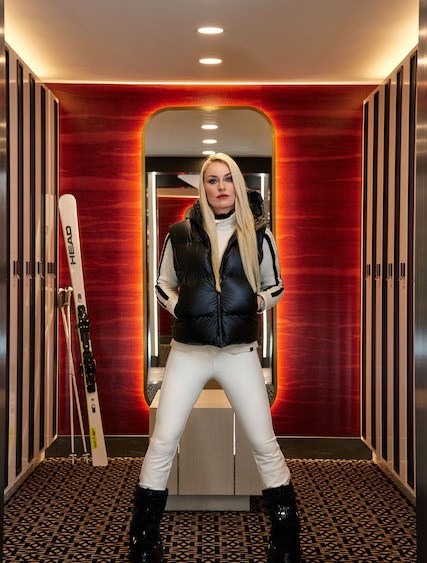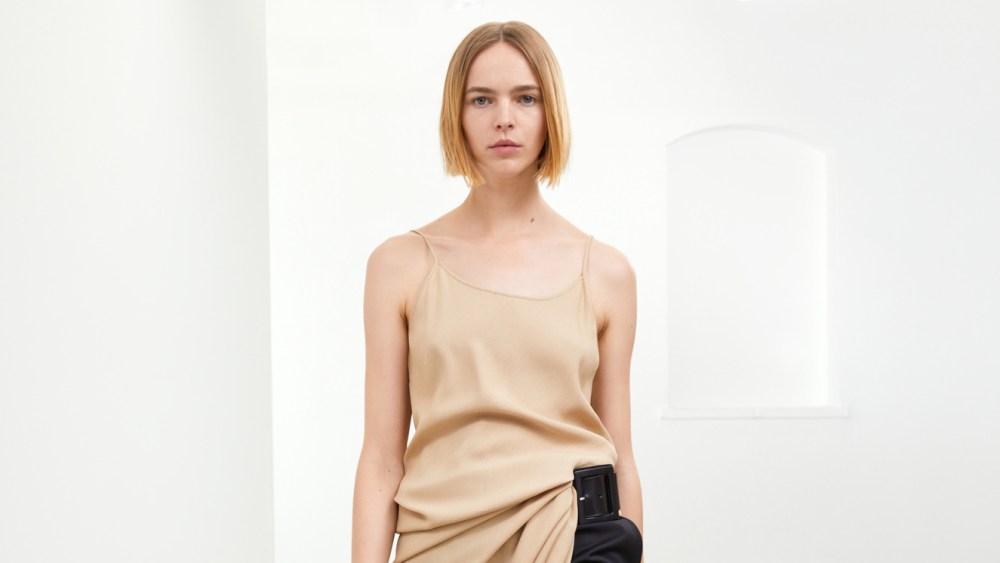After cruising around the Mediterranean with spots in Capri; Ibiza, Spain; and Mykonos, Greece, Zuma has landed in Cannes just in time for the film festival.
The name Zuma is not new to the fashion crowd: chef Rainer Becker opened his first outpost in London 20 years ago and it fast became a celebrity hangout; his first Italian door was perched on the rooftop of Palazzo Fendi in Rome.
Cannes was the next “natural move” for the restaurant’s expansion as much of Becker’s jet-set clientele bounces around the beach clubs of Europe. “We have a lot of international clients built up over the past 20 years, and the Mediterranean is their playground,” he says.
But the possibility of opening inside the legendary and newly renovated Palm Beach was an opportunity he couldn’t refuse.
The Palm Beach is a massive entertainment fun-filled haven full of restaurants and private clubs on the Cap de la Croisette peninsula at the far end of town. The spot, first opened in 1929, has undergone a five-year revamp rumored to have cost upward of 250 million euros to restore it to its Art Deco grandeur.
In its swinging ‘60s heyday, the Palm Beach was the place to go for stars such as Alain Delon, Marlene Dietrich, Cary Grant and Grace Kelly. Becker bit at the chance to open in such an historic setting.
“It’s such an iconic location,” he says. Becker responded to the combination of its Old Hollywood pedigree, contemporary film festival buzz and stunning sea views, he says.
“When I enter any kind of location, I need to feel something that has to do a little bit with feng shui,” he says. For the first Zuma in London, it was a consultation with a feng shui master that sealed the deal — for the place and Becker’s gut feeling.
“Not that I chose the location because of him, but I…felt very good in that location in London, and a good energy field and then he confirmed that. It is not essential, but it’s part of it,” he says.
That London branch was Becker’s first, following a seven-and-a-half-year stint in Tokyo. Now there’s 22 around the world, including Bangkok, Hong Kong, Istanbul, Madrid and New York. But Becker says he doesn’t count the number of kitchens.
“Then I don’t really see how large the company became, and for me each individual restaurant has to be the most important,” he says. “I see it as a kind of family business, even though it is a big family.”

Becker never imagined such an expansion when he opened those first Knightsbridge doors, but a core team and creating a fun atmosphere is a key part of keeping the family together. “On the other side, it’s a very, very hard job. Restaurants are a tough business; you are as good as your last meal you serve,” he says.
While he wanted to recreate Japanese culture and cuisine, Becker couldn’t be pinned down on the concept. Zuma is not just an izakaya snack bar, or a sushi bar, or a robata grill — it’s all three, a combo he admits is “complex and labor intense.”
Still, he waxes on about the magic of miso. During his time living in Japan, he tried the many misos on the market and still experiments with the fermented paste. “You need to try, and then you kind of imagine in your mind, what could you marry with it?”
It can take more than a month to create a recipe and he can drive his staff crazy with his quest for perfection. “Then you create a dish, which other people are craving, which you are craving for and want to eat over and over again,” he said of hitting that sweet spot. “And that’s the magic.”

The Zuma menu has evolved over its two decades and though it doesn’t stray far from its signature seafood roots, the offer here includes a beef tartare with sancho pepper that should play to the French palate with products that are not easily available in other locations. “We just don’t serve French fries,” he jokes.
“[The menu] has to be more because otherwise it becomes boring. So very, very important is evolution, not revolution. Don’t try to reinvent the wheel, see what works, then play with it,” he says. “There is no perfect world. Even after 20 years, we can do so many things better, and that’s the drive.”
The interior, imagined by Becker’s longtime collaborator Noriyoshi Muramatsu, maintains the Zuma bones while adding a Cannes twist in shades of blue in furnishings, as well as a focus on a sprawling outdoor terrace with 120 seats inside, and an additional 250 overlooking the sea.
The Cannes outpost will host live DJs to add to the fun atmosphere, though Becker promises it won’t be so loud that you can’t converse with your dinner partner.

Despite its size, Becker and Muramatsu aimed to keep it cozy with warm woods and an intimate layout. Becker downplays the idea that it’s designed with Cannes’ many VIPs in mind.
“Honestly, I have this kind of understanding [that] everybody’s a VIP. Everybody pays the same money, everybody wants to have the same quality,” he says. Celebrities are a nice endorsement for his cuisine, but that’s it. “Special treatment? Know that nobody gets special treatment. Everybody should get the best of the best.”
He’s already worked through some unwelcome logistics surprises for this opening, including shipping delays that required creative sourcing to ensure the restaurant was ready for its May debut. But it’s just another bump in the road — or a wave on the sea — for the careful Becker. “I call it the positive fear of failure,” he jokes.
Even after 20 years and 20-plus restaurants, he does not let success go to his head. “I still have that kind of feeling in my tummy. You know, things may go wrong and maybe this is not right. And I think if I lose that kind of feeling, then I should stop doing it.”
Zuma Cannes opens Wednesday.



